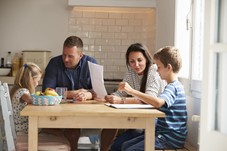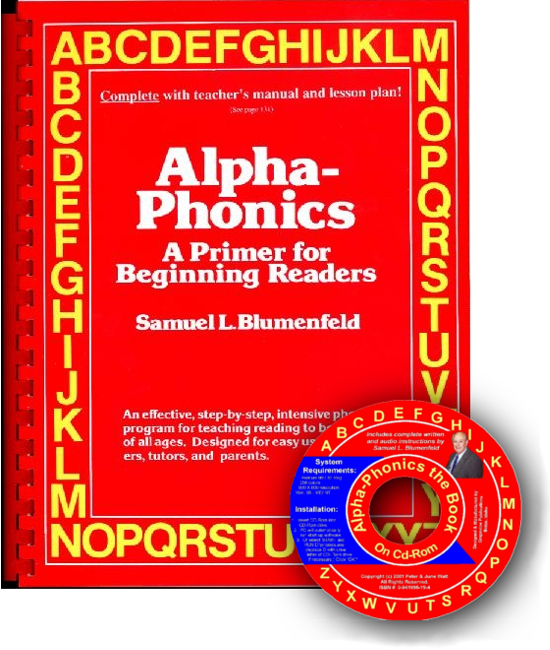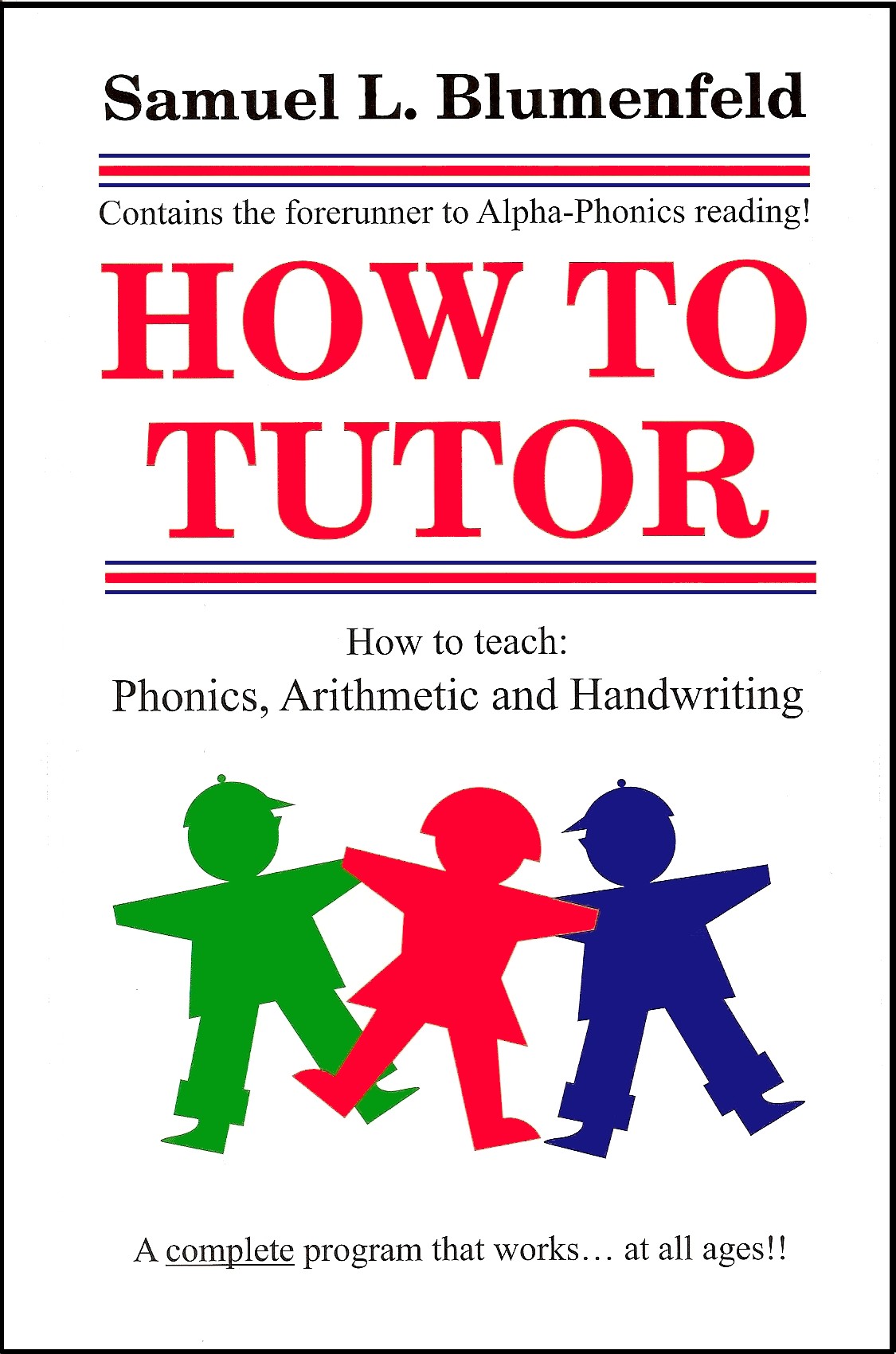Concerns over exposure to the coronavirus, excessive screen time, and instability in school schedules have driven an unprecedented number of parents to home school their children this academic year—a shift that could have lasting effects on both public schools and the home-schooling movement.
Nine percent of parents who weren’t home schooling their children last school year said they planned to home school their children at least some of the time this school year, according to a nationally representative survey of parents by the EdWeek Research Center.
Typically, a little over 3 percent of the nation’s school-age children are home-schooled in a given year, federal data show.
Difficult to Track
Even so, it’s difficult to quantify exactly how much home schooling has increased nationally with the pandemic. Even in normal times, home schoolers are a difficult bunch to track. States define and track home-school enrollment differently, if at all, and there is a lag in the federal home-schooling numbers.
But other states besides Nebraska have reported significant increases in families saying they plan to home school, even as official tabulations have yet to be released.
In North Carolina, more than 10,000 new families filed notices of their intent to home school between the beginning of July and the end of August this year, compared to just over 3,500 during the same time period last year.
Wisconsin is another state reporting a spike in parents and guardians filing with the state their intent to homeschool. For the previous two years, intent to home school forms were submitted for about 14,800 students between the beginning of July and mid-October. This year the number was just over 23,000.
Lubienski, who studies home schooling, said the pandemic could give a long-lasting boost to the movement. While he believes many families that opted to home school this year will eventually return to public school, he thinks the United States will see a permanent increase in the number of home schoolers even after the pandemic ends.
That’s “partly because people who haven’t really thought about it before suddenly saw themselves forced into [home schooling], and then realizing that it’s something they can see themselves doing,” he said.
According to Education Week’s survey, which was conducted at the beginning of the academic year, the less education and income parents had, the more likely they were to say they were home schooling this year. Twelve percent of parents whose highest level of education is less than a bachelor’s degree said they are home schooling their children at least some of the time this school year, compared to 5 percent of those with a bachelor’s degree or more.
Twelve percent of parents whose children qualify for free or reduced-price lunch said they are home schooling, compared to 5 percent of parents whose children do not qualify for reduced meals.
The two dominant stereotypes of home schoolers for a long time have been the conservative Christian parent and the anti-institutional progressive parent.
But over the past decade, said Lubienski, the home-schooling sector has been diversifying. In particular, more Black parents have opted to school their children at home because of racism in their public schools.
“I think that faced with this new reality it will diversify it even more,” said Lubienski. “It’s not just people with those two stereotypical reasons for home schooling. It’s people who are seeing that this is a new option for themselves.”
Disappointment With Remote Learning
To accommodate families who are finding that they like the flexibility of schooling their kids at home, Runez, the superintendent in Wisconsin, said his district is considering making their remote option permanent.
Runez is confident most of his home-schooling families will come back to the district. He reached out to every family that withdrew from DeForest Area schools to hear their reasons for doing so. He found they were mostly worried about either getting sick, their children getting too much screen time, and the whiplash of going back to school only to be sent home again if an outbreak occurred—all issues that will be resolved once the pandemic is over.
For other parents, though, poor planning and dysfunction in their school districts drove them to take the plunge and home school.
Jenny Walsh, of Williamsville, N.Y., outside Buffalo, has three children: Hudson, a 3rd grader, Theo, a 1st grader, and Charlotte, a preschooler (who Walsh has decided to wait to enroll in kindergarten until next year, when she’s 6).
Walsh, a stay-at-home mother with a master’s degree in special education, started preparing to home school her children this summer, after she saw how education was handled in her district in the spring. But she enrolled her children in remote education this fall, just to make sure it was their decision as well.
“After the first week, they decided, heck yeah, home school is way better,” Walsh said.
“We’re wondering what the schools will be like next year—will it be the same?” If so, they may stick with home schooling. “If it’s back to normal, we may go back,” she said.
The situation has changed her whole view of public education, said Walsh. Williamsville, an affluent suburb with involved parents, struggled, while it seemed that less-resourced districts nearby had better plans and a more invested school administration, she said.
“Lots of funding doesn’t make a difference when the leadership isn’t willing to roll up their sleeves and do the hard work of leading,” she said. The district currently has an acting superintendent.
Nadeau said she isn’t so sure she’ll send her son back to his public school, especially as she makes connections with other parents who can offer an outlet for safe social interactions.
“Today West got to go to the zoo with another family and mine. It was wonderful and it wasn’t something he was getting from school,” Nadeau said.
For Parents who during the Coronavirus Crisis are Homeschooling, and whose interest is in making sure their children are adequately being taught to READ, we suggest they consider using Alpha-Phonics. It has been used successfully for over 37 years by tens of thousands of PARENTS to easily teach their children to become excellent readers. It is simple to teach, is always effective and inexpensive. YOU CAN DO IT !! Learn all about it below:

 November 09, 2020 |
November 09, 2020 |
 Alpha-Phonics
Alpha-Phonics The Alphabet Song!
The Alphabet Song! Water on the Floor
Water on the Floor Alpha-Phonics the Book on CD Rom
Alpha-Phonics the Book on CD Rom Blumenfeld Oral Reading Assessment Test
Blumenfeld Oral Reading Assessment Test How To Tutor
How To Tutor How To Tutor Cursive Handwriting Workbook
How To Tutor Cursive Handwriting Workbook